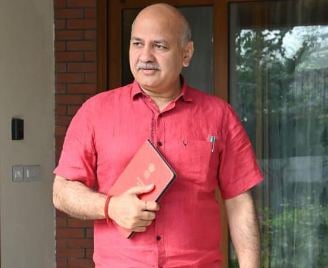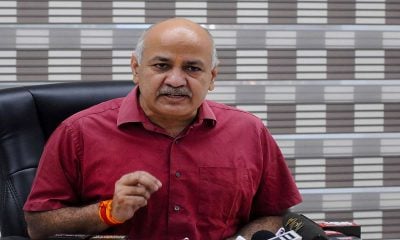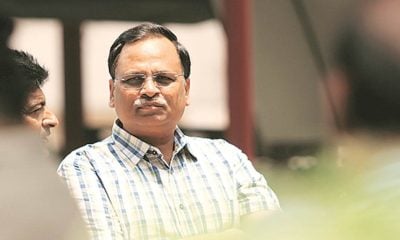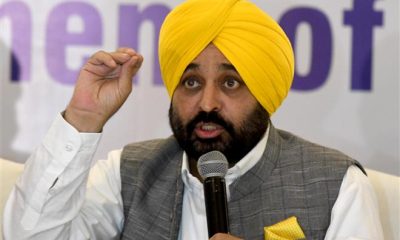Deputy Chief Minister Manish Sisodia on Tuesday presented Delhi’s first paperless budget in the state Assembly. Sisodia said the AAP led-government has plans to create sports infrastructure in the city, so that it can host the Olympics in 2048 in the national capital.
We hope that we create the sports infrastructure and the culture to be considered a serious bidder 25 years down the line, said Sisodia.
Presenting the seventh budget in theme ‘Desh Bhakti’, Sisodia said his government has planned to collect Rs 43,000 crore tax to fund the proposed budget expenditure. It has proposed to collect Rs 44,100 crore as tax revenue, however, due to pandemic, the collection is expected to go below the target.
The budget laid out a vision for Delhi’s progress as the government intends to increase Delhi’s per capita income to the level of Singapore by 2047. The per capita income of a Delhi resident will be equal to the per capita income of a Singapore resident, added Sisodia.
While one fourth of the Rs 69,000 crore budget has been kept aside for the education sector. Sisodia said education needs to become a mass movement in Delhi. The government has planned to start a virtual model school, a new law university called Delhi Law University and a voluntary mentorship programme called Youth for Education.
Also Read: Jyotiraditya Scindia responds to Rahul Gandhi’s BJP backbencher jibe
Amid the pandemic, Rs 9,934 crore-health budget has been allocated as the fight against Covid continues. While allocating rws 50 crore for vaccination drive, Sisodia said that Delhites will continue to get free vaccines in government hospitals.
For women, mohalla clinics will be open across the city to cater to their gynaecological issues and other specific health issues which they are not comfortable talking about. Initially 100 such clinics would open, said Sisodia. Also, anganwadi hubs will be available to women to use in the afternoons as Saheli Samanvay Kendra which can be used as incubation centres for women who want to start small businesses, he added.
Ahead of the 75th Independence Day, Rs 45 crore has been allocated to install 500 flags across the city. Also Rs 10 crore each has been allocated for the celebration of contribution of Bhagat Singh and B R Ambedkar by holding programmes through the year.
Also Read: Election looming, Uttarakhand CM Trivendra Singh Rawat resigns
Further in the budget, Sisodia mentioned that a Delhi armed forces preparatory academy, where children would be trained to enter the armed forces would open across the city. The river Yamuna will become clean in the next three years as work on interceptor sewages is close to completion.
The Delhi government has plans to create sports infrastructure in the city, though it can host the Olympics in 2048 in the national capital. We hope that we create the sports infrastructure and the culture to be considered a serious bidder 25 years down the line, said Sisodia.
























